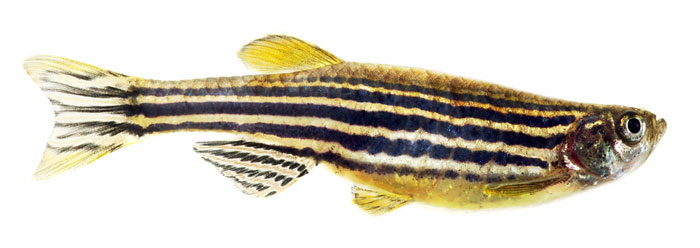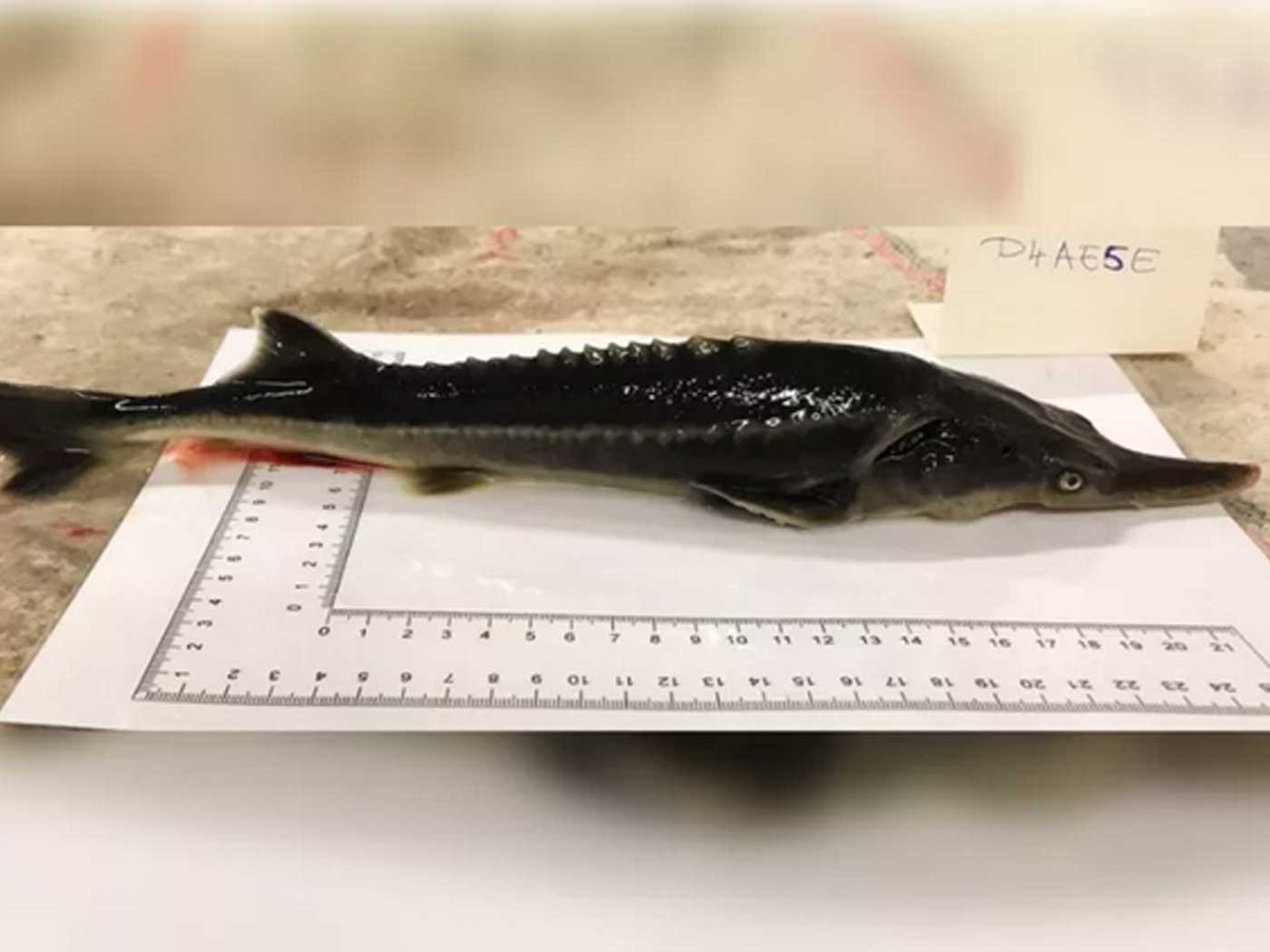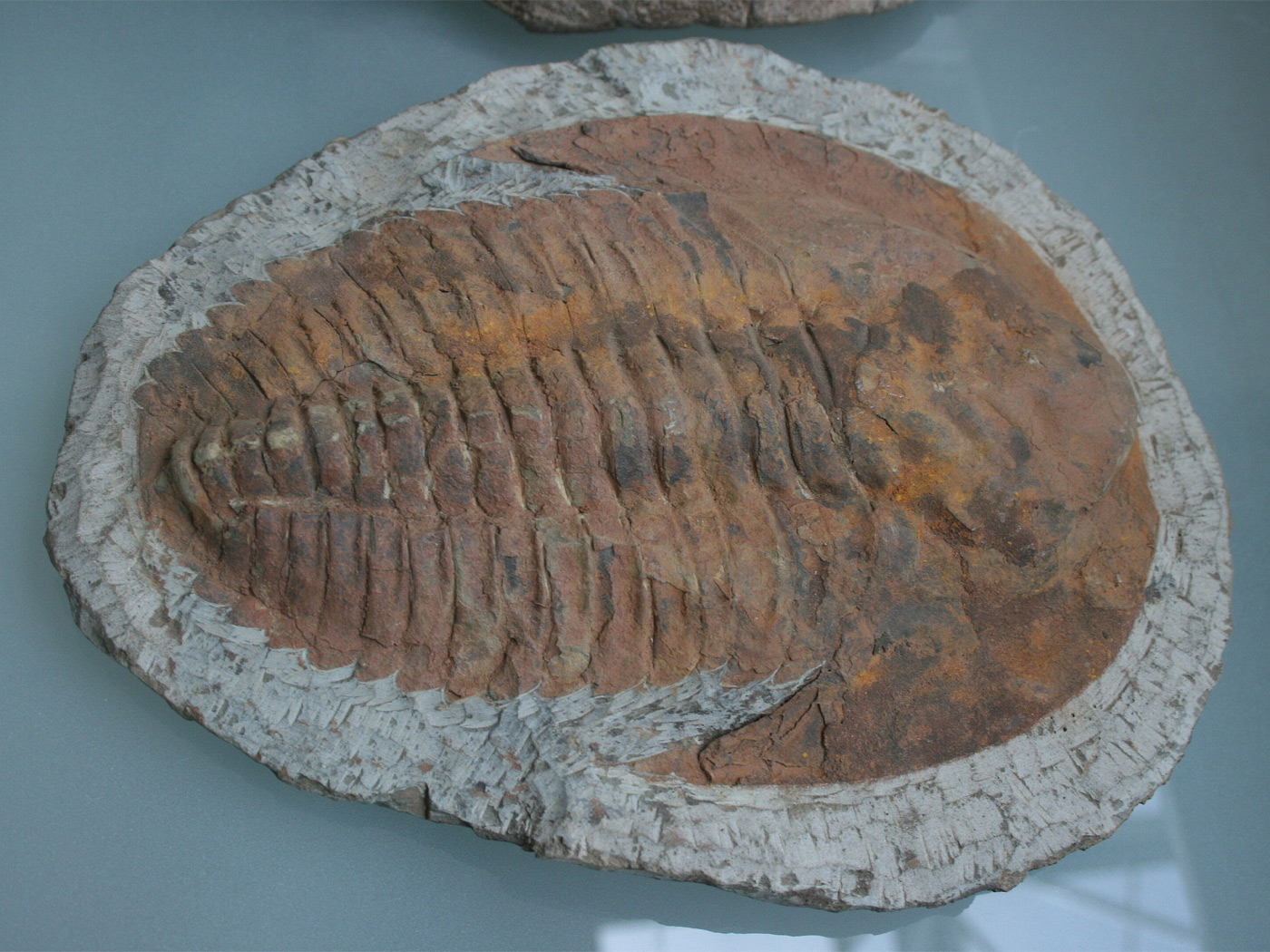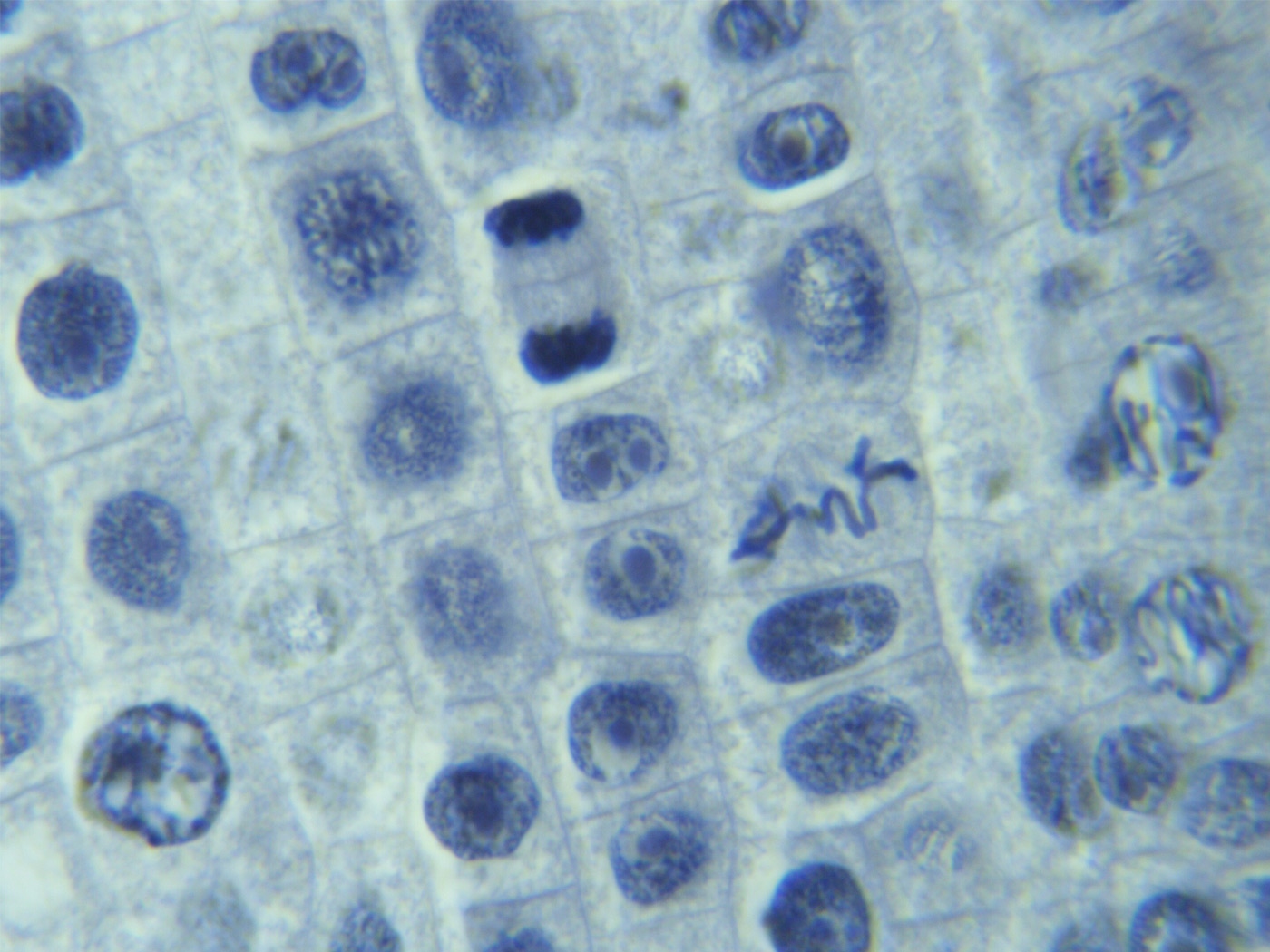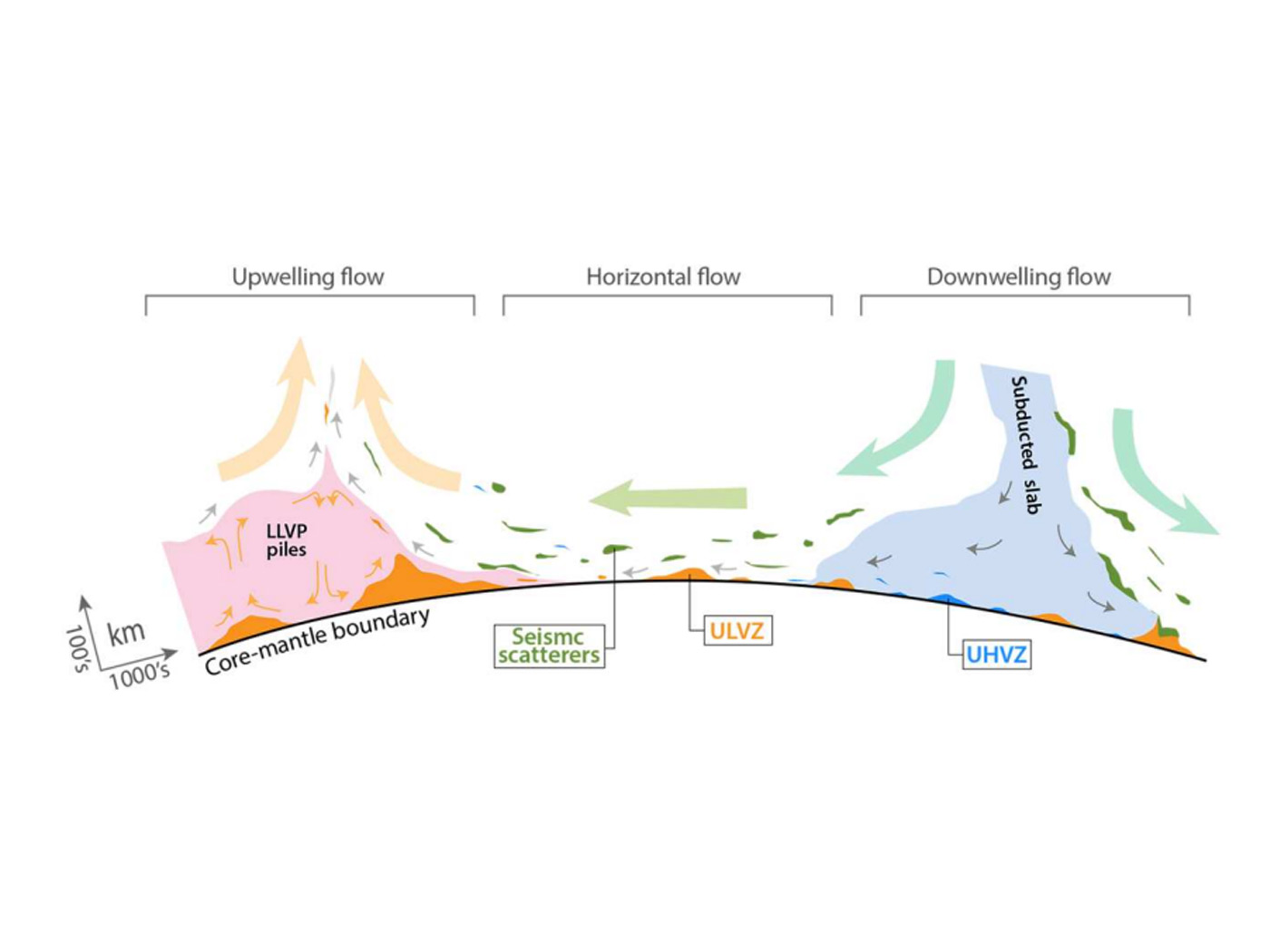An important category of "rogue" genetic data that utterly defies evolutionary predictions is the common occurrence of taxonomically restricted genes, otherwise known as "orphan genes." These are now being discovered in the sequencing of all genomes.
Many multicellular animals share similar sets of genes that produce proteins that perform related biochemical functions. This is a common feature of purposefully engineered systems. In addition to these standard genes, all organisms thus far tested also have unique sets of genes specific to that type of creature.
The authors of a recent review paper, published in Trends in Genetics, on the subject of orphan genes stated, "Comparative genome analyses indicate that every taxonomic group so far studied contains 10–20% of genes that lack recognizable homologs [similar counterparts] in other species."1
These orphan genes are also being found to be particularly important for specific biological adaptations that correspond with ecological niches in relation to the creature's interaction with its environment.2 The problem for the evolutionary model of animal origins is the fact that these DNA sequences appear suddenly and fully functional without any trace of evolutionary ancestry (DNA sequence precursors in other seemingly related organisms). And several new studies in both fish and insect genomes are now highlighting this important fact.
In the recent fish study, researchers sequenced the protein-coding genes in zebrafish and then compared the DNA sequences to other animal's gene sequences.3 The researchers classified the zebrafish genes into three different groups: 1) Genes commonly found in many types of animals, 2) genes that are only found in ray-finned fishes (the broad group of Teleost fishes), and 3) genes that are species-specific to only zebrafish. This third category refers to orphan genes. Thus there was a distinct group of genes found only associated with zebrafish and no other animal or type of fish.
In another study, researchers compared the genomes of seven different types of ants with other known insect genomes.4 When comparing the ant genes to other insects, researchers discovered 28,581 genes that were unique only to ants and not found in other insects. While the various ant species shared many groups of genes, only 64 genes were common to all seven ant species.
The researchers concluded that on average, each ant species contained 1,715 unique genes—orphan genes. Researchers not only found dramatic differences for protein-coding genes, but also for other types of regulatory DNA sequences that control how and when genes are turned off and on.
While these results clearly defy evolution, what do they mean within a biblical creation framework of origins? In the book of Genesis, created kinds of organism are defined as being able to reproduce and interbreed "after their kind." These different ant species are not inter-fertile and they also inhabit different ecological niches, utilize different types of food sources, and have different types of social structures important to communal insects such as ants and bees. Combined with the fact that they also have unique gene sets, they possibly all descended from different created ant kinds.
While these orphan genes challenge evolution, they help creationists understand the patterns of genetic diversity related to created kinds. And ants may be a good example of animals that did not need to be saved from the Genesis flood by being sequestered on the ark, since they might have survived outside, on floating mats of vegetation. Ants would have, to some extent, also avoided a severe genetic bottleneck.5 If so, their present diversity would more closely represent the originally created array of ant genomes.
Clearly, the complexity and design of God's creation is astounding, vast, and incredibly amazing. Only an Omnipotent and Wise Creator could have been the source of these widely diverse, and yet complicated and precise genetic arrangements.
References
- Khalturin, K., et al. 2009. More than just orphans: are taxonomically-restricted genes important in evolution? Trends in Genetics. 25 (9): 404–413.
- Tautz, D. and Domazet-Loso, T. 2011. The evolutionary origin of orphan genes. Nature Reviews. Genetics. 12 (10): 692–702.
- Yang, L. et al., 2013. Genome-wide identification, characterization, and expression analysis of lineage-specific genes within zebrafish. BMC Genomics. 14 (65): 1471-2164.
- Simola, D.F., et al. 2013. Social insect genomes exhibit dramatic evolution in gene composition and regulation while preserving regulatory features linked to sociality. Genome Research. 23 (8):1235-1247.
- A genetic bottleneck occurs when only a few breeding individuals are taken from a much larger population, and then create a new population. This effectively reduces genetic diversity and the amount of variability. A genetic bottleneck would have occurred for the different types of animals taken onto the ark in the global flood, as well as for mankind.
*Dr. Tomkins is Research Associate at the Institute for Creation Research and received his Ph.D. in Genetics from Clemson University.
Article posted on August 26, 2013.




